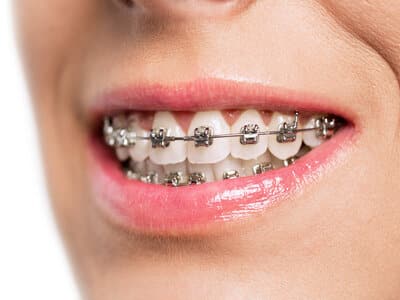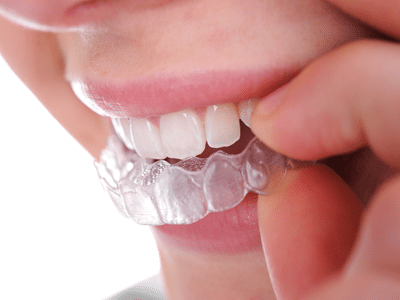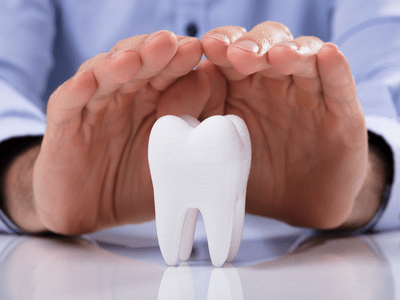
In this post, we will explore:
- Understanding White Spot Lesions (WSLs) with Braces
- Professional Teeth Whitening Options
- At-Home Whitening Solutions
Orthodontist Rockford Winnebago IL Invisalign Dennis J Flanagan DDS MS
Orthodontist Winnebago Rockford IL Invisalign Dennis J Flanagan DDS MS

In this post, we will explore:

In This Post We’ll Cover:

You should always ask your orthodontist for a description of the treatment plan, as a patient it is crucial to at least have a basic understanding of what will be going on in your mouth over the next few months. This will help you to understand what is going to happen during treatment and what you can expect in terms of results. And, understanding your treatment helps you to make more informed lifestyle choices, motivates you to maintain oral health, and helps you plan for costs down the road. our orthodontist will be happy to share where your treatment is headed with you!

Invisalign aligners are designed to incrementally move your teeth into their optimal positions. It’s important to stick to this schedule to avoid unnecessary pain and discomfort. You can make the switch to your new aligners right before bed to let the worst of the pain happen overnight. You can also take an over-the-counter pain reliever before bed to help you sleep comfortably.


5 Daily Vitamins for Your Teeth: